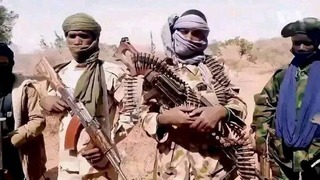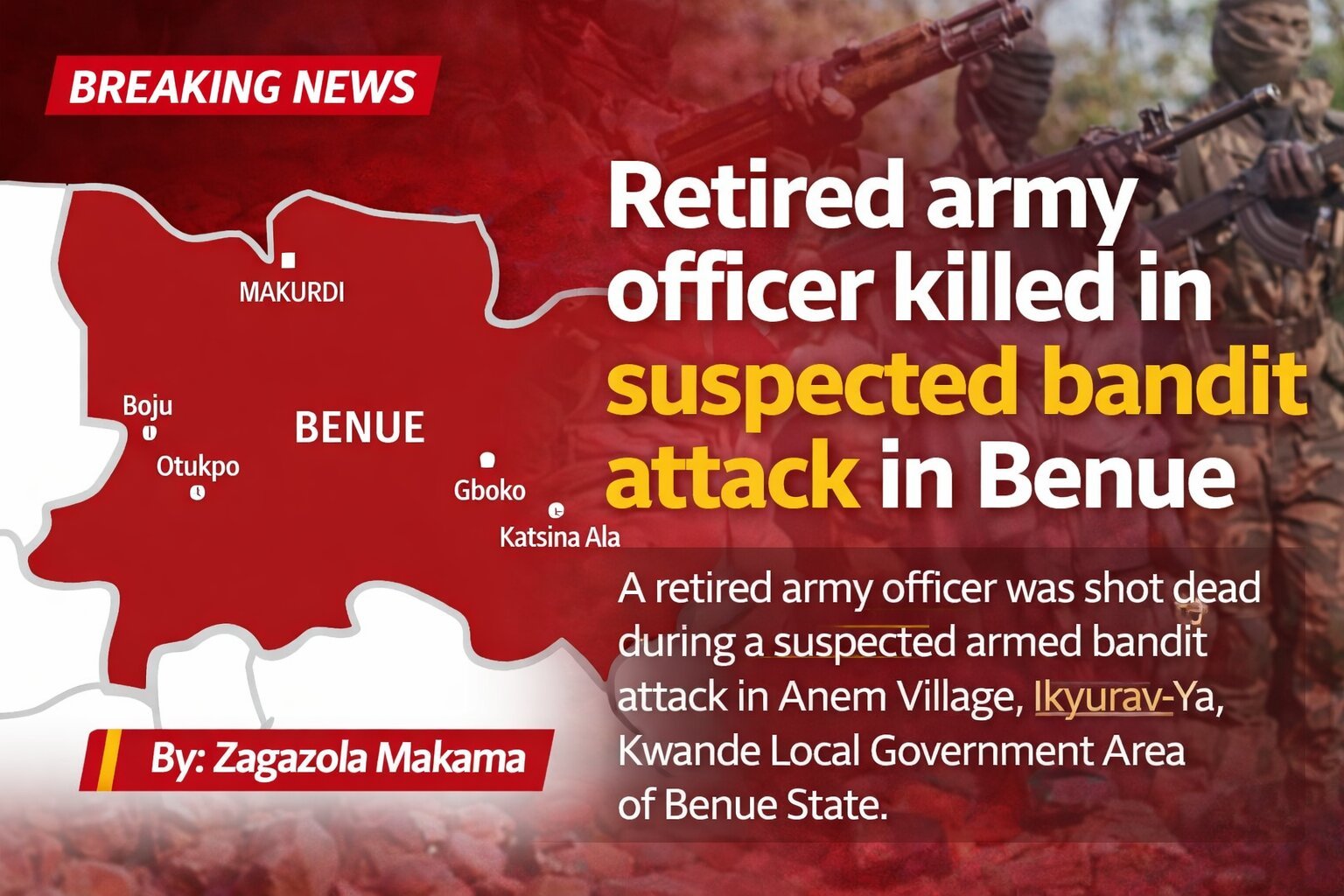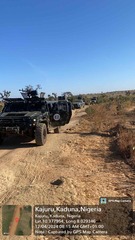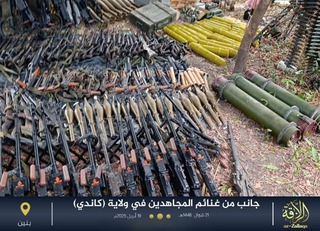Sambisa Forest: The quest for peace, socio-economic stability in Lake Chad basin
By Zagazola Makama
Recently, Governor Babagana Umara Zulum of Borno, once again breaks the jinx when he drew the attention of the international community to the urgent need to reclaim Sambisa Forest which is on the verge of extinction.
Zulum made the call while delivering a speech few weeks ago in New York at the United Nations High-Level Segment Roundtable with the theme: "Forest-based solutions to the triple planetary crises: A focus on people, science, technology, and finance."
One wondered why the governor of the war-ravaged state would premise his presentation to the International community on Sambisa forest while his people at home are grappling with myriads of social, economic, security and humanitarian challenges.
The governor's action is not far fetch considering the importance of Sambisa forest to the social and economic survival of not only Borno State but to a larger extent the whole of northern Nigeria and neighbouring countries.
Arguably, reinvigorating Sambisa forest will propel Zulum administration's social and economic development programmes, provides livelihood, enhance peace restoration and dignified resettlement of displaced persons, as well as preserve biodiversity, fauna and flora, protect the environment and mitigate impacts of climate change.
Commenting on the deflating forest resources, Mr Aminu Ibrahim, an environmentalist, said urgent intervention are necessary to protect the forest from further destruction.
Ibrahim commended Zulum over his commitment to reclaim Sambisa forest, protect the environment and preserve the ecosystem.
He noted that the governor's plea was in a right direction which called for the support of all to address the menace.
As simply put by Ibrahim, we can only appreciate Zulum's bold steps by understanding the strategic importance of Sambisa forest to the environment and lives of the people in northern Nigeria.
The Sambisa Forest, located in Borno State in North-East Nigeria, covering an area of about 518 square kilometers. The British colonial administration gazetted the forest as a reserve in 1958, and In 1977, the area was re-gazetted as a National Game Reserve for the preservation of rare animals. It’s abundant greenery was home to various species of wild animals.
In 1991, the Borno state government incorporated Sambisa into a national park, thus upgrading its status. And during the 1970s and 80s, Sambisa forest attracted tourists from far and near.
Presently, the story has changed following the invasion of the Sambisa by the Boko Haram insurgents since escalation of the crisis in 2013.
The famous tourist attraction forest now provides a space for the organisational, operational, logistical and technical infrastructure of Boko Haram, including command units, armoury, training grounds, detention and execution camps, landmines and artisanal bomb making factories as well as settlements. It is also the major destination for the insurgents’ victims of abduction and detention.
From 2014 to date, Sambisa forest has been a major front of counter-insurgency operations by Nigerian military which culminated in gross destruction of its resources. Despite the significant successes made by the Nigerian security forces in gaining entrance and reclaiming the forest, some parts of it are still under strong control of the Boko Haram insurgents.
Sambisa forest in comparison to other areas of Nigeria, is the most strategically auspicious base for the pattern of asymmetric guerrilla warfare deployed by Boko Haram. It is extremely sparse and expansive, and therefore very difficult to govern.
It is also located within a trans-territorial area characterised by porosity of borders with Cameroon, Chad and Niger Republics.
Paradoxically, the abandonment of the management of Sambisa forest sequel to the takeover by Boko Haram insurgents, resulted to the gradual disappearance of animals, destruction of biodiversity and ecosystem.
To reverse the tide and ensure effective utilisation of the forest resources to aid sustainable Recovery, Rehabilitation and Resettlement programmes, governor Zulum advocated for the revival of the Sambisa.
Zulum said that: “Borno State has been significantly impacted by the crisis of insecurity caused by Boko Haram insurgency which has led to widespread displacement of communities, destruction of infrastructure, and loss of livelihoods.
"The conflict has also exacerbated environmental degradation, including deforestation and loss of biodiversity in our major forest (Sambisa Forest), further exacerbating the vulnerabilities of our region.
"The loss of forest cover is resulting soil erosion, reduced water availability, loss of biodiversity and increased vulnerability to climate change impacts".
Zulum noted that the shrinking of Lake Chad, a vital source of water and livelihood for millions of people in the region, is a direct consequence of climate change resulting from the incessant destruction of Sambisa forests.
The governor lamented that deforestation in Borno State has been driven by a combination of factors, including population growth, agricultural expansion, unsustainable land use practices, need for energy and the impact of the Boko Haram insurgency.
Zulum also some of measures adopted by the Borno state government to reclaim the forest to include rehabilitation and restoration, community engagements, monitoring and evaluation, as well as collaboration with development partners.
Corroborating Zulum, Mr James Audu, a conservationist, said considering Sambisa's vast area of landscape traversing many territories and large scale destruction of forest resources, urgent international commitment is imperative to address one of the worst global environmental disasters triggered by prolonged conflict in the Sahel region.
Zagazola Makama, is a Counter Insurgency Expert and Security Analyst in the Lake Chad Region.





























